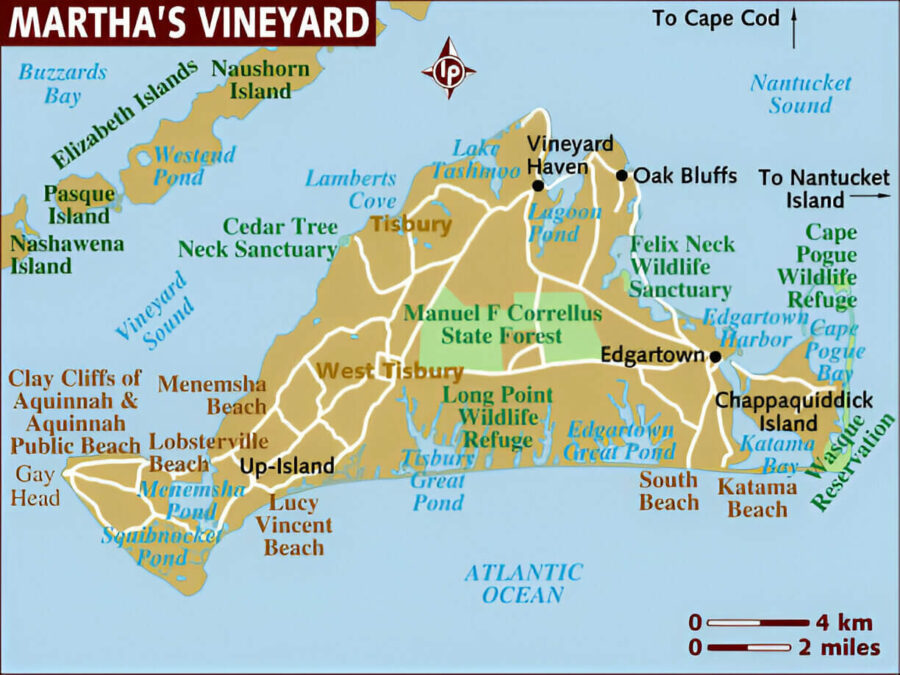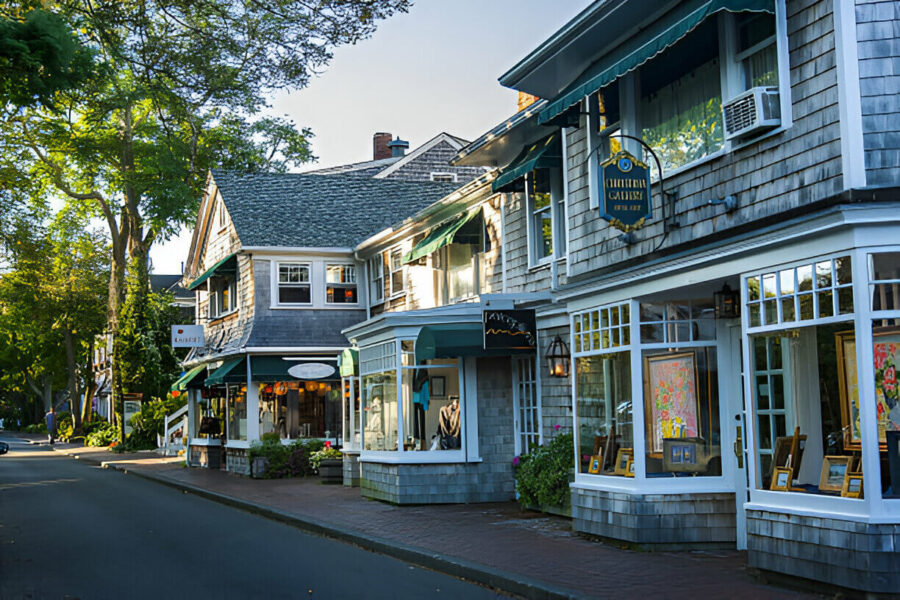Over the years, Martha’s Vineyard has established itself as a significant hub for African-American culture and heritage. This island off the coast of Massachusetts holds a deep connection to the African-American community, dating back to the 18th century. From iconic sites like the Inkwell Beach to the annual Oak Bluffs Juneteenth celebration, Martha’s Vineyard continues to play a pivotal role in preserving and showcasing the rich history and contributions of African-Americans in the United States.

Historical Connections
Arrival of African Americans
Before delving into the rich tapestry of Martha’s Vineyard’s link to African-American culture, it’s necessary to understand the historical context of the African American presence on the island. African Americans arrived on Martha’s Vineyard as early as the 1700s, primarily as enslaved individuals brought by early European settlers.
Role in Whaling Industry
With Martha’s Vineyard’s strategic geographic location and natural resources, African Americans played a significant role in the island’s thriving whaling industry during the 19th century. The prosperity of the whaling trade attracted many African Americans to Martha’s Vineyard, where they found employment opportunities in whaling crews.
Another fascinating aspect of the African American community’s involvement in the whaling industry on Martha’s Vineyard is the creation of close-knit communities within the island. Families and communities formed strong bonds as they worked together on whaling ships, contributing to the unique culture and heritage of African Americans on the island.
African American Heritage Sites
The African American Heritage Trail
Heritage sites on Martha’s Vineyard celebrate the rich African American history of the island. The African American Heritage Trail, established in 1998, is a self-guided tour highlighting significant locations that commemorate the contributions and stories of African Americans on the island. Visitors can explore sites such as the Shearer Cottage, the first African American-owned guesthouse in Oak Bluffs, and the Union Chapel, which has deep ties to the African American community.
Historic Churches and Homes
On Martha’s Vineyard, historic churches and homes serve as important landmarks in African American culture. These sites tell the stories of resilience and community that have shaped the island’s African American heritage. Visitors can tour the Vincent House, a historic home that belonged to one of the earliest African American families on the island, or attend a service at the historic Old Whaling Church in Edgartown, which played a significant role in the African American community.
Churches on Martha’s Vineyard, such as the First Baptist Church of Vineyard Haven, founded in 1883, have been gathering places for the African American community for generations. These churches not only serve as places of worship but also as community centers where cultural traditions are preserved and celebrated.

Cultural Contributions
Music and Festivals
Unlike other popular tourist destinations, Martha’s Vineyard is not just known for its picturesque beaches and affluent visitors. The island has a rich history of cultural contributions from African-Americans, particularly in music and festivals.
Notable African-American Residents
With a long history of attracting African-American residents, Martha’s Vineyard has been the home to many notable figures. For decades, the island has been a sanctuary for black intellectuals, artists, and professionals seeking respite from the constraints of racial discrimination.
For instance, luminaries such as scholar and activist W.E.B. Du Bois, renowned filmmaker Spike Lee, and the beloved former First Lady Michelle Obama have all found solace and inspiration on the shores of Martha’s Vineyard.
Music
Music also plays a significant role in the island’s cultural tapestry, with genres like jazz, blues, and gospel thriving in the local community. The annual Martha’s Vineyard Jazz & Blues Summerfest is a testament to the island’s commitment to celebrating and promoting African-American musical traditions.
Contemporary Significance
Once again, Martha’s Vineyard continues to be a cultural hub that celebrates and honors its African-American heritage. The island serves as a place where traditions are upheld, art is appreciated, and history is shared, connecting past struggles to present achievements.
Education and Awareness Initiatives
Any discussion about Martha’s Vineyard’s link to African-American culture must acknowledge the various education and awareness initiatives that are in place. These programs strive to educate both residents and visitors about the island’s rich history and the contributions of African-Americans to its cultural tapestry.
Economic and Social Impact
Any examination of Martha’s Vineyard’s connection to African-American culture must also consider its economic and social impact. The presence of African-American businesses, community organizations, and cultural events on the island contributes significantly to its vibrant economy and social fabric.
Significance of these initiatives and impacts cannot be overstated. They not only preserve the island’s heritage but also serve as a model for how communities can celebrate diversity, promote inclusivity, and thrive economically.
Summing up
So, Martha’s Vineyard holds a significant link to African-American culture, serving as a historical refuge for black families seeking a safe haven from racial discrimination. Its rich traditions, strong sense of community, and important African-American landmarks make it a place of cultural significance for celebrating and commemorating the contributions of black individuals to American history. Through its enduring connections to African-American culture, Martha’s Vineyard continues to be a place of pride and belonging for many in the black community.
FAQ
Q: What is Martha’s Vineyard’s Link to African-American Culture?
R: Martha’s Vineyard has a rich history deeply tied to African-American culture. The island has long been a haven for African-Americans, providing a place of refuge, community and cultural expression.
Q: Why is Martha’s Vineyard significant in African-American history?
A: Martha’s Vineyard played a crucial role in African-American history as a place where freed slaves and people of color could find acceptance and opportunity. The island became a hub for African-American culture and activism.
Q: How did Martha’s Vineyard become a destination for African-Americans?
A: Martha’s Vineyard’s reputation as a welcoming and inclusive community for African-Americans began in the early 20th century when prominent African-American families started summering on the island. Over time, it became a popular retreat for black intellectuals, artists, and professionals.
Q: What cultural contributions have African-Americans made to Martha’s Vineyard?
A: African-Americans have made significant cultural contributions to Martha’s Vineyard, shaping everything from the music and cuisine to the arts and literature on the island. Their influence can be seen in various aspects of Martha’s Vineyard’s identity.
Q: How does Martha’s Vineyard celebrate its African-American heritage?
A: Martha’s Vineyard celebrates its African-American heritage through various events, festivals and cultural programs that highlight the contributions of African-Americans to the island’s history and identity. These celebrations help preserve and honor this important aspect of Martha’s Vineyard heritage.
See also our article : What Was The Real Story Behind Seneca Village in New York?










